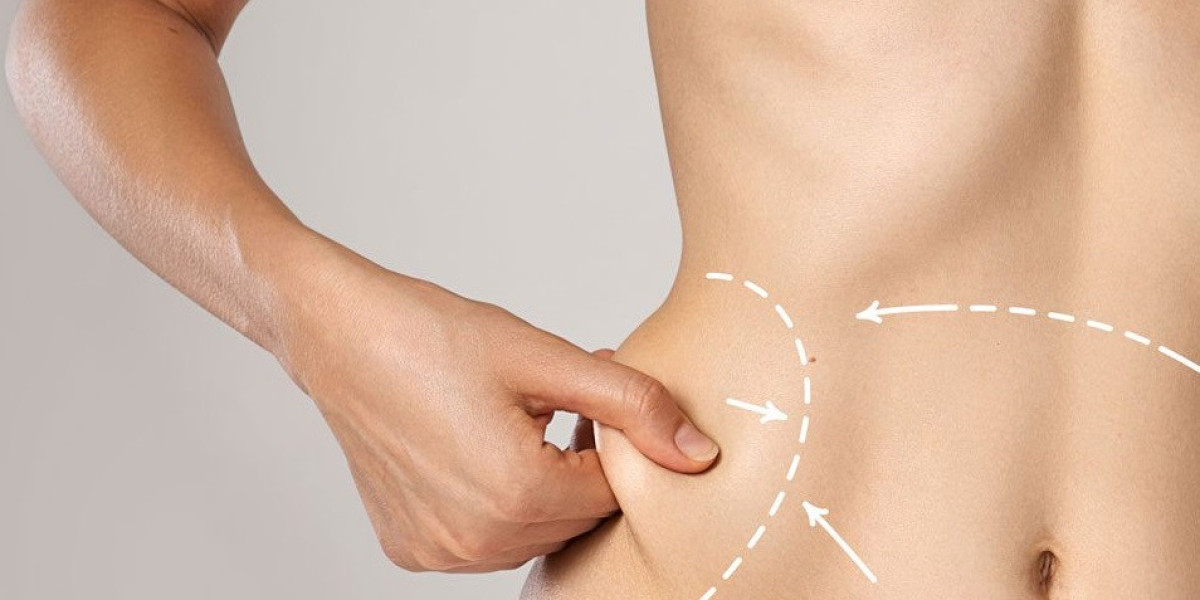Liposuction is one of the most popular cosmetic surgeries for removing stubborn fat and sculpting the body. Many people who undergo Liposuction in Islamabad often ask what lifestyle adjustments they need to make to ensure a smooth and speedy recovery. Among the most important factors for healing is nutrition. The food you eat after surgery can significantly impact how quickly your body heals, how well your wounds close, and how effectively swelling and inflammation are managed.
In this blog, we will explore the foods that can aid recovery after liposuction, what to avoid, and how to maintain long-lasting results through healthy eating habits.
Why Nutrition Matters After Liposuction
After any surgical procedure, including liposuction, your body undergoes stress and needs extra support to heal. Proper nutrition:
Provides energy for faster recovery.
Helps in tissue repair and wound healing.
Reduces inflammation and swelling.
Strengthens the immune system to prevent infections.
Supports long-term weight management and results.
Ignoring your diet after liposuction can slow recovery, increase the risk of complications, and even affect the overall results of the procedure.
Top Foods That Aid Recovery After Liposuction
1. Protein-Rich Foods
Protein is essential for rebuilding tissues, repairing muscles, and speeding up wound healing. It also helps the body produce new collagen, which is vital for skin tightening after liposuction.
Good sources include:
Lean chicken and turkey
Fish like salmon and tuna (rich in omega-3s too)
Eggs
Greek yogurt
Lentils and chickpeas
Tofu and tempeh
2. Fruits and Vegetables (Rich in Antioxidants)
Fresh fruits and vegetables contain vitamins, minerals, and antioxidants that reduce inflammation and support healing. Antioxidants help fight free radicals, which are increased after surgery due to oxidative stress.
Recommended options:
Berries (blueberries, strawberries, raspberries) – rich in Vitamin C.
Leafy greens (spinach, kale, lettuce) – boost immunity.
Carrots and sweet potatoes – high in Vitamin A for skin health.
Citrus fruits (oranges, lemons, grapefruits) – excellent for collagen formation.
3. Healthy Fats
While you should avoid unhealthy, fried, or greasy foods, healthy fats play a crucial role in reducing inflammation and promoting healing. Omega-3 fatty acids are especially beneficial.
Sources include:
Avocados
Olive oil
Nuts (almonds, walnuts)
Fatty fish (mackerel, sardines, salmon)
Chia seeds and flaxseeds
4. Whole Grains
After surgery, your body requires energy to recover. Whole grains are a healthier source of energy compared to refined carbs. They also contain fiber, which prevents constipation (a common side effect after anesthesia and pain medications).
Best choices:
Brown rice
Quinoa
Oats
Whole-grain bread and pasta
5. Hydrating Foods and Fluids
Hydration is essential for flushing out toxins, reducing swelling, and keeping your skin elastic. In addition to water, certain foods and drinks help maintain hydration.
Include:
Watermelon, cucumber, and oranges
Coconut water (rich in electrolytes)
Herbal teas like chamomile or green tea
Clear broths and soups
6. Foods Rich in Iron and Zinc
Iron supports oxygen circulation in the blood, while zinc boosts immunity and helps with tissue repair.
Sources include:
Lean red meat in moderation
Pumpkin seeds
Beans and lentils
Spinach
Fortified cereals
Foods to Avoid After Liposuction
Just as some foods aid recovery, others can slow it down or even cause complications. Patients should avoid:
Processed and Junk Foods – Burgers, fries, chips, and sugary snacks can cause bloating, slow healing, and contribute to weight gain.
High-Sodium Foods – Salt leads to water retention, worsening swelling and bruising.
Carbonated Drinks Can cause bloating and discomfort during recovery.
Alcohol – Interferes with medications, slows healing, and dehydrates the body.
Caffeine in Excess Can dehydrate the body and disturb sleep, which is essential for recovery.
Meal Planning Tips for Post-Liposuction Recovery
Small, Frequent Meals: Eat 4–6 smaller meals to keep energy levels stable.
Balanced Nutrition: Include lean protein, whole grains, vegetables, and healthy fats in each meal.
Smoothies & Soups: Easy to digest and nutrient-packed options for the first few days post-surgery.
Snack Wisely: Replace chips and cookies with nuts, fruit, or yogurt.
Stay Hydrated: Aim for at least 8–10 glasses of water daily.
How Long Should You Follow a Recovery Diet?
The first two weeks after liposuction are the most crucial for diet and nutrition. However, to maintain long-term results, it’s best to continue following a balanced, nutrient-rich diet. Liposuction is not a weight-loss procedure but rather a body contouring method. To ensure results last, patients should combine healthy eating with regular physical activity once their surgeon allows.
Final Thoughts
Recovery after liposuction requires a holistic approach that includes rest, hydration, light activity, and most importantly, proper nutrition. By focusing on protein, antioxidants, healthy fats, and whole grains while avoiding processed and high-sodium foods, patients can speed up recovery, reduce discomfort, and enjoy long-lasting results.
If you are considering liposuction, it’s important to not only choose the right procedure but also the right clinic and surgeon to guide you through recovery. SKN Cosmetic Clinic in Islamabad is one of the most trusted names for cosmetic procedures, providing expert care, personalized treatment, and guidance on aftercare, including the right nutrition to follow for optimal healing and results.


